European culture
How COVID-19 Pandemic influenced Cultural Workers in Southeast Europe – Part 2
The COVID-19 pandemic has created an economic and social crisis that has both revealed and exacerbated already strong trends in many areas of society, while also creating new spaces for reflection and questioning. What are specific trends in the cultural sector that are being exaggerated by the COVID-19 pandemic? What did it mean to go digital for art and cultural
Solidarity beyond borders of war: Zhivago writes poems to Old Europe
In some corner of a random neighborhood in the city of Mariupol, in Ukraine, a man blows out a candle and leaves his room in darkness. He has heard the advance of the troops and is afraid that the dim light that filters through the curtains will arouse some suspicion. Downstairs, in the street, it is pitch black and the
Forthcoming Cultural Bonus for Spanish Youth: it’s objectives and limitations
Coming June, young Spaniards who turn 18 this year will benefit from a cultural bonus with a value of €400. Back in March, the Council of Ministers approved the Royal Decree 210/2022 that established the conditions under which this Young Cultural Bonus can take effect, an undertaking for which the General State Budget has reserved a budget of 210 million
To Cancel or not to Cancel: How Cancel Culture Disqualifies people and productions from the cultural stages of Europe
we see that not everyone and everything is welcome to the cultural arena: after allegations of immoral, transgressive or discriminatory behavior, cultural workers and their productions are increasingly ‘cancelled’ by their audiences or by particular media.
Switzerland may have to leave the Schengen area: How freedom of movement could redefine European culture
The first social impression of the Covid-19 pandemic was the restriction of movements. Suddenly, we realized that we couldn´t leave our homes, and eventually, our neighborhoods and cities. Two years later, we continue to find ourselves with situations where tickets to certain countries are canceled or where it is difficult to return home due to the emergence of new variants.
The European Year of Youth – A British Snapshot
At the end of 2021, the European Commission announced that 2022 would be “The European Year of Youth” (defined as people between the ages of 16 to 25). As Mariya Gabriel, commissioner for invocation, research, culture, education and youth, explained, this decision was motivated by “the importance of putting young people in the spotlight and celebrate their resilience after two
The precarity of the cultural sector: Should we reconsider the status of artists and cultural workers in Europe?
Across Europe, cultural sectors en large and the people working in fields related to art and culture were hit especially hard during the 2020 and 2021 COVID pandemic. Many cultural venues were closed, and programmes were cancelled (or weren’t initiated at all). Many artists and cultural workers fell deeper into precariousness and poverty than before COVID. Many were driven out
Reimagining Europe through culture: Should the EU place culture as one of its priorities?
Should we have a cultural deal for Europe and put culture as one of the top EU priorities? Many cultural professionals, scientists and policymakers think that European Union needs a deep and thorough reimagining of its cultural policies and that the matter is pressing. The growing precarity of the cultural sector in Europe presents an additional urgency to the issue.
Initiative ‘Kapsalon theater’ offers theater performances while getting your haircut, to raise awareness for the struggling Dutch cultural sector.
After a month of ‘heavy lockdown’, last week Friday the Dutch government announced that it was once again possible for certain sectors to open up with Covid safety precautions set in place. Many people were pleased as this would mean that services like hairdressers and nail salons would open their doors again; however, theaters and other cultural venues remain closed
Is there a cultural basis of vaccination skepticism?
Throughout its research, the INVENT project considers how contemporary trends of globalization, digitalization, migration and social inequalities impact Europeans’ cultural participation and way of life. In this week’s blog, we inquire whether an older sociocultural movement of the early 19th century is still able to influence Europeans’ behaviors and participation today in times of the pandemic. Namely, we explore whether

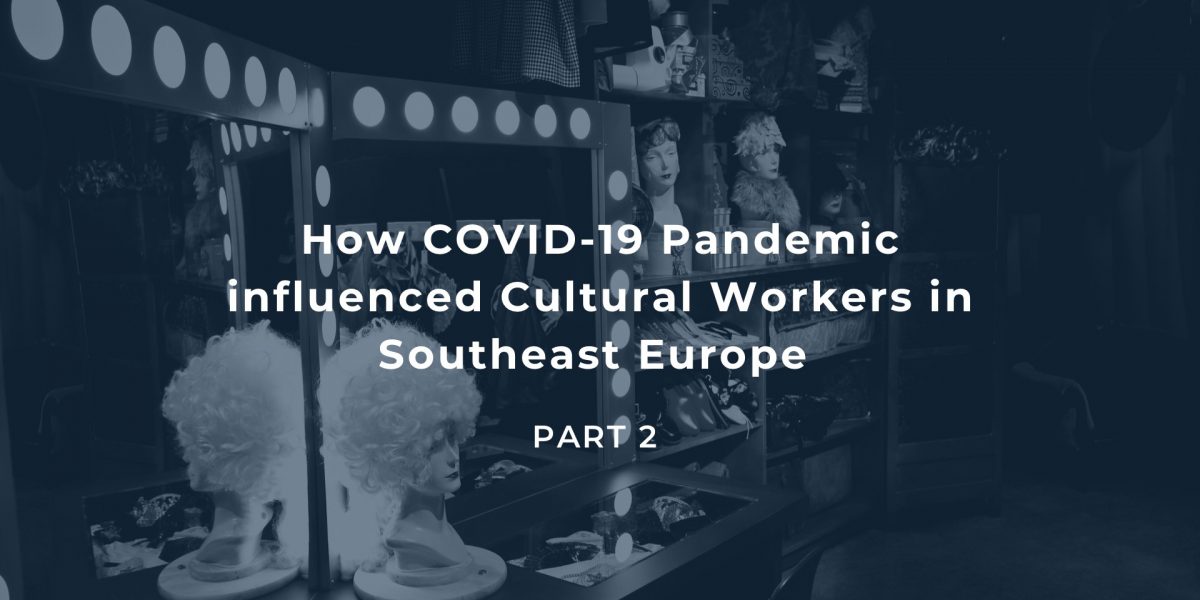
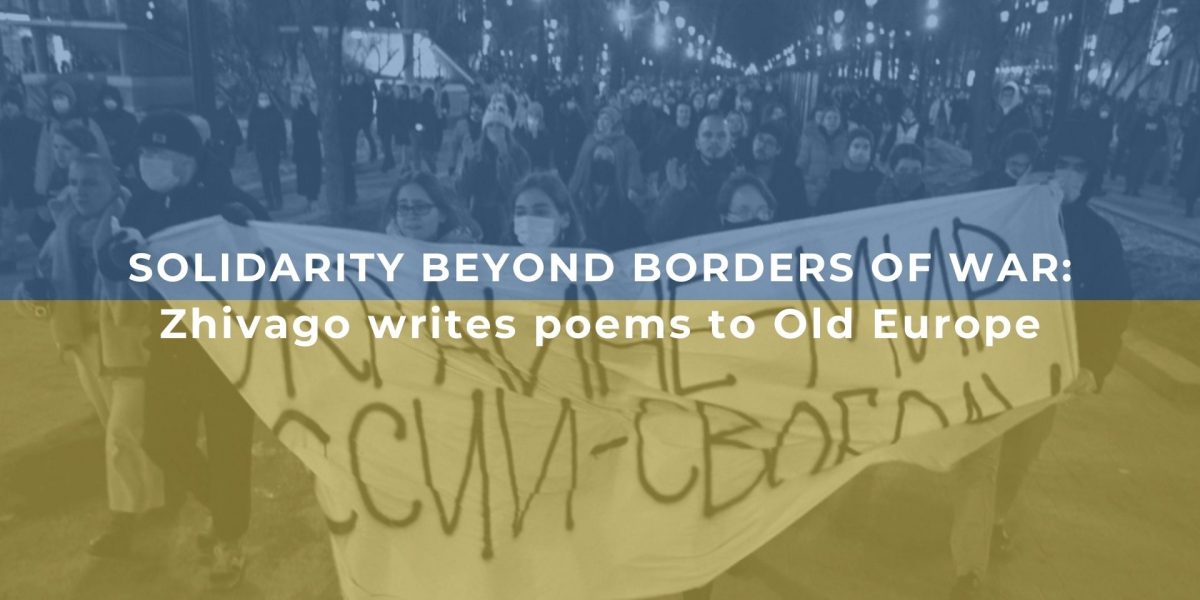
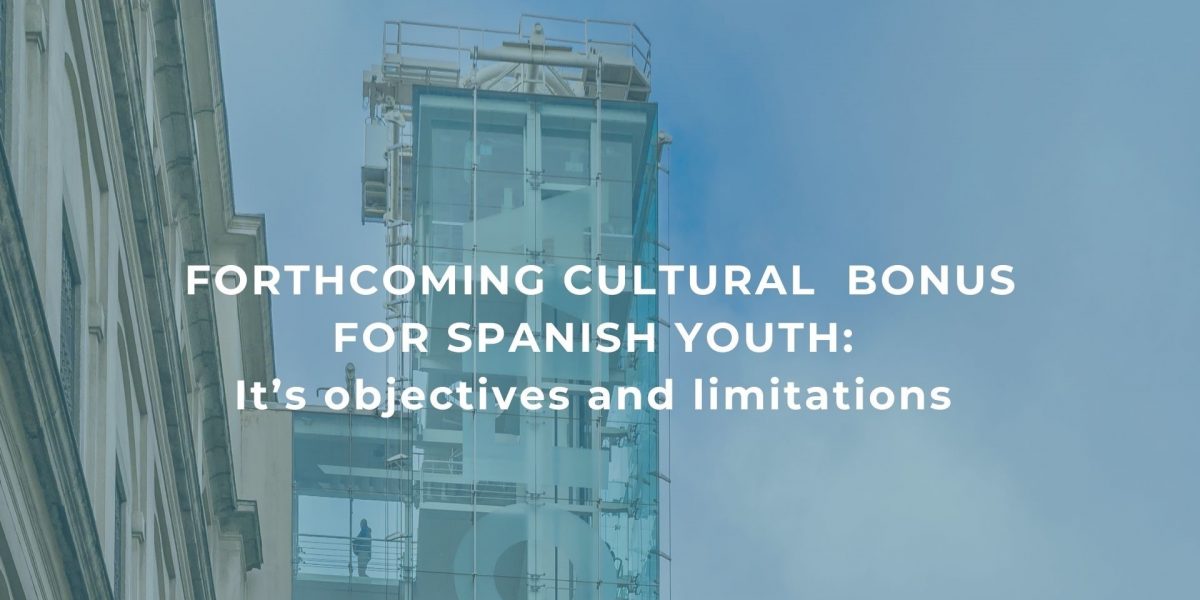
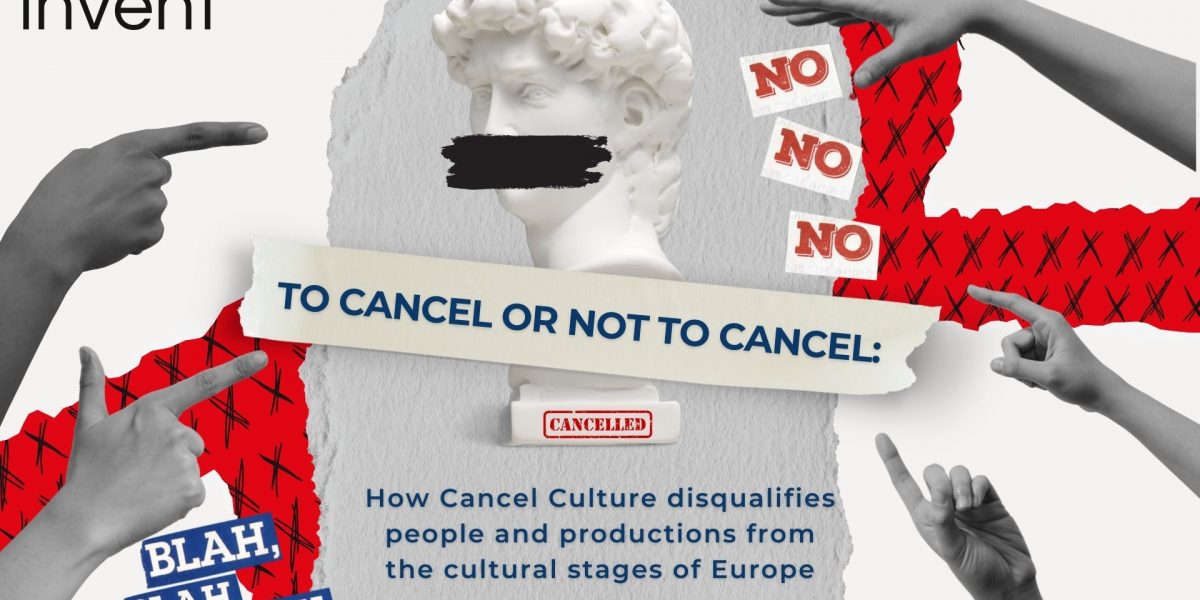
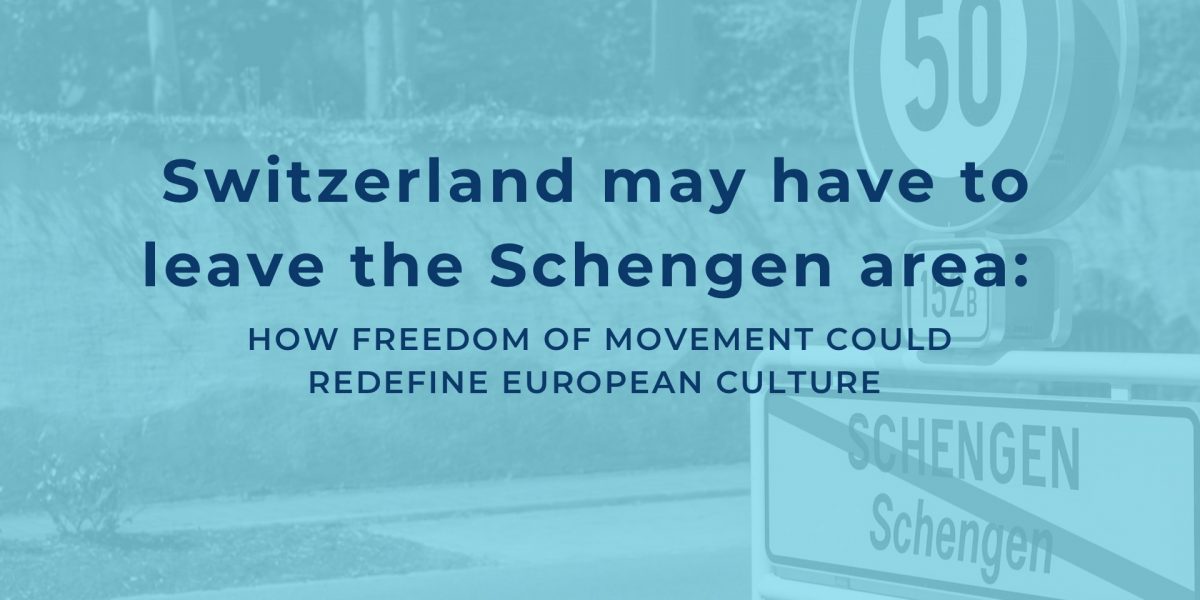
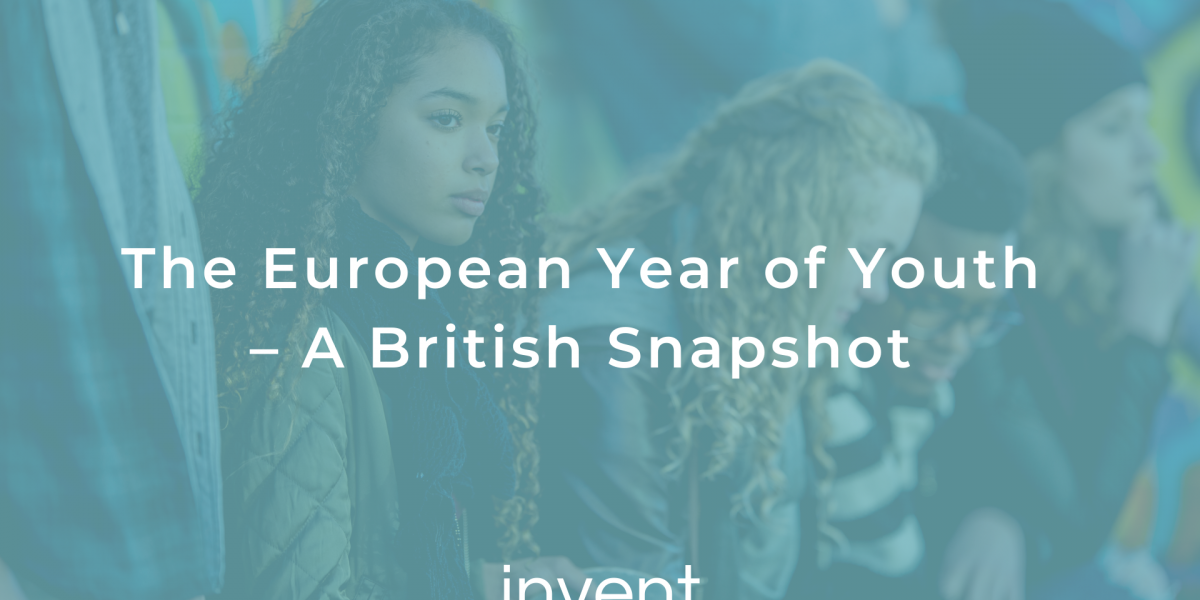
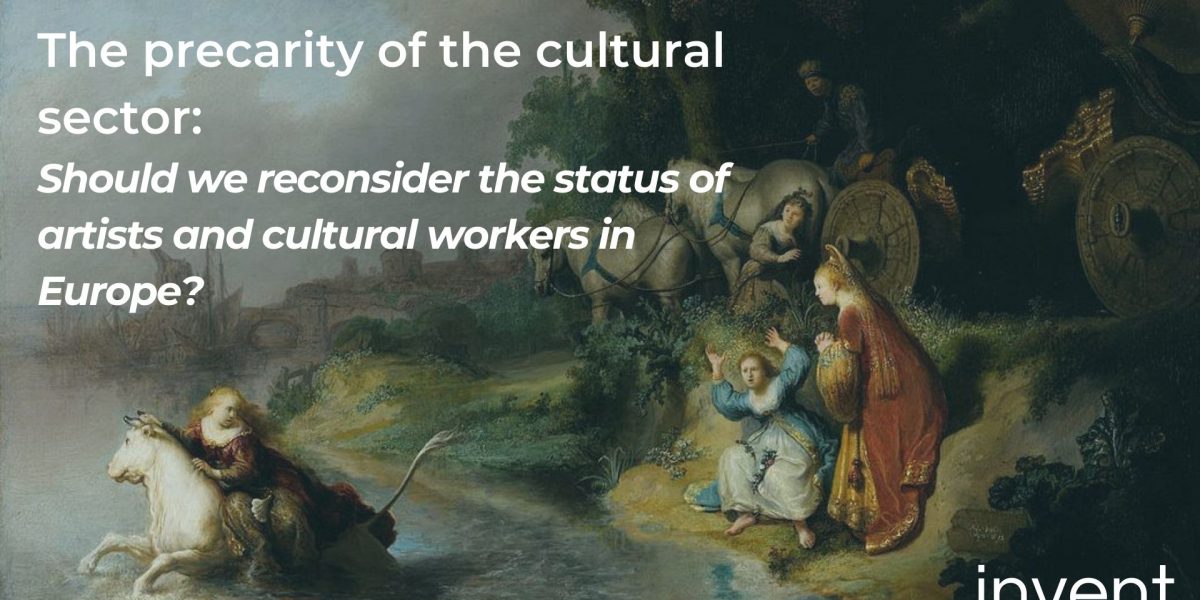
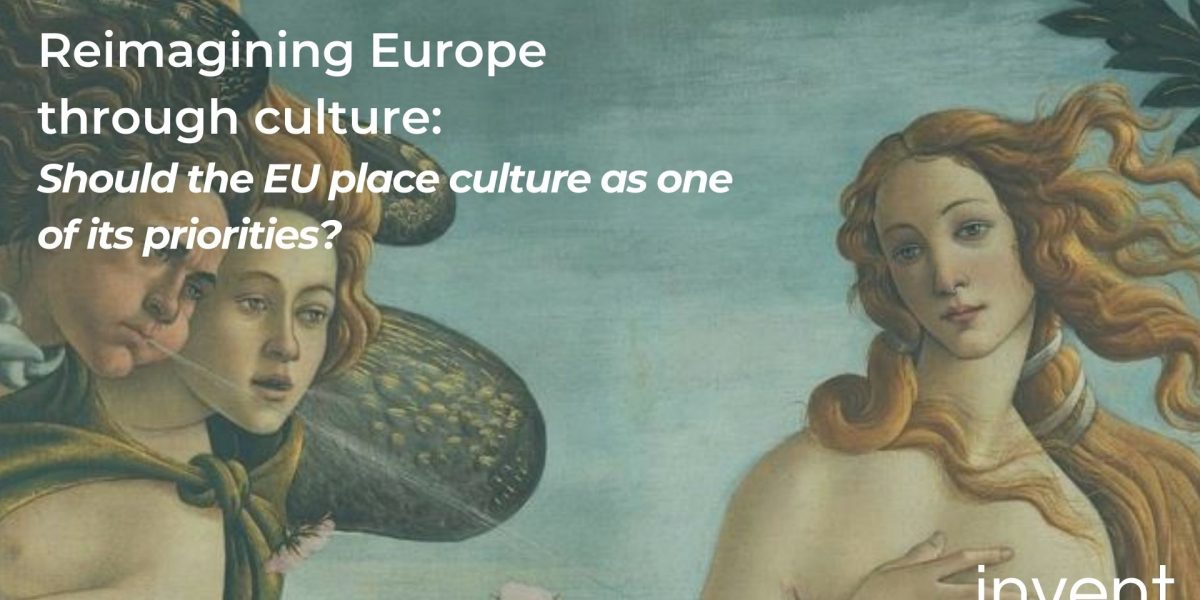

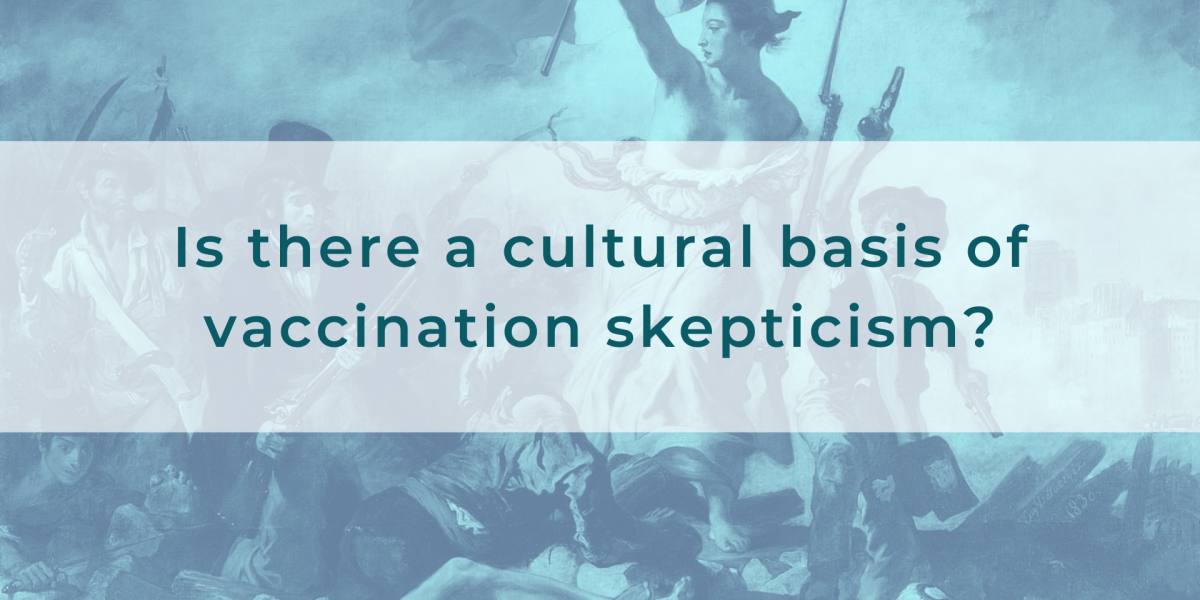

 This project has received funding from the European Union’s Horizon 2020 research and innovation programme under grant agreement No
This project has received funding from the European Union’s Horizon 2020 research and innovation programme under grant agreement No